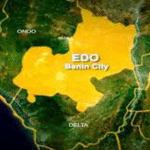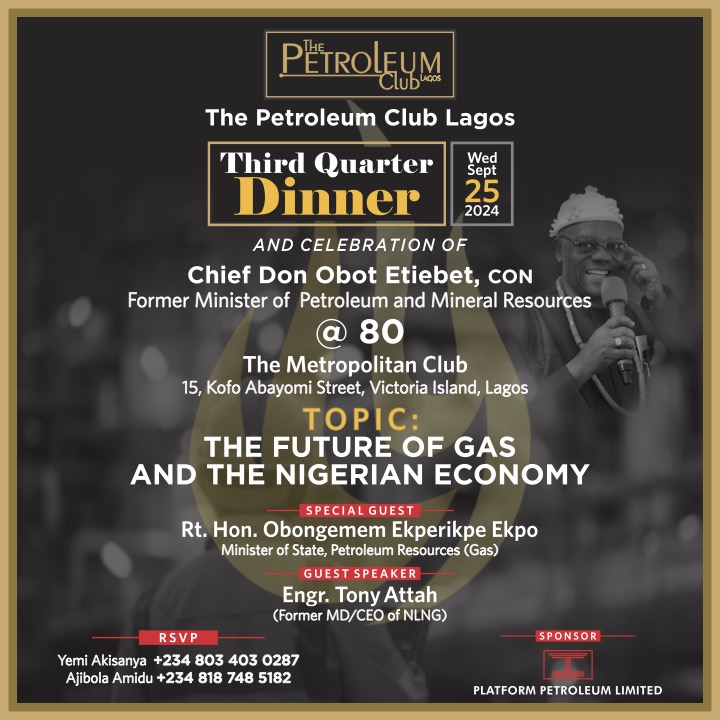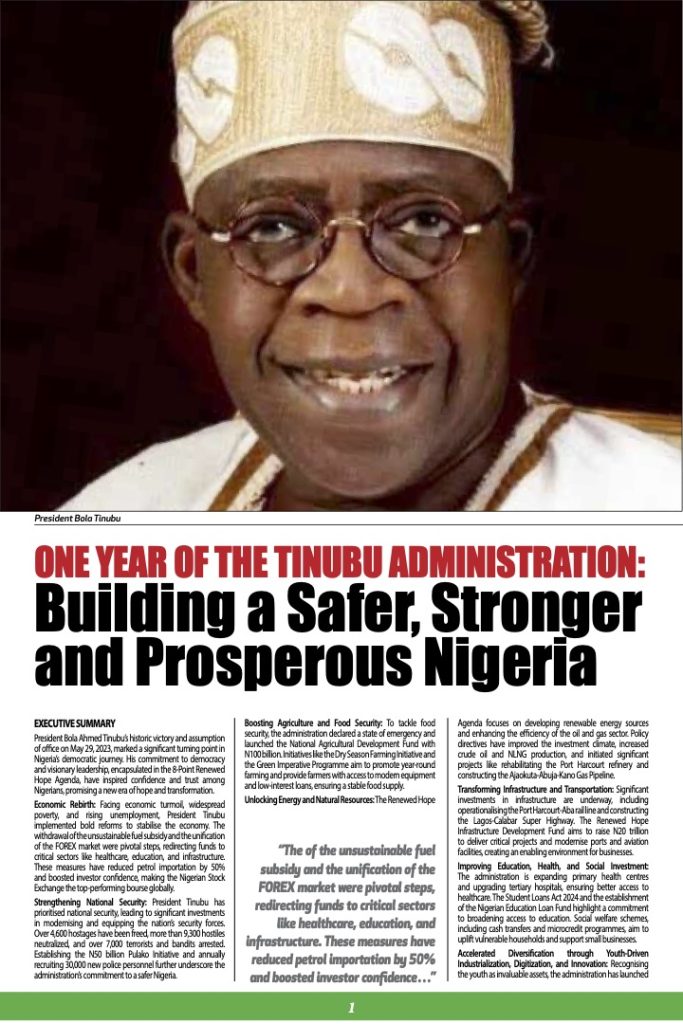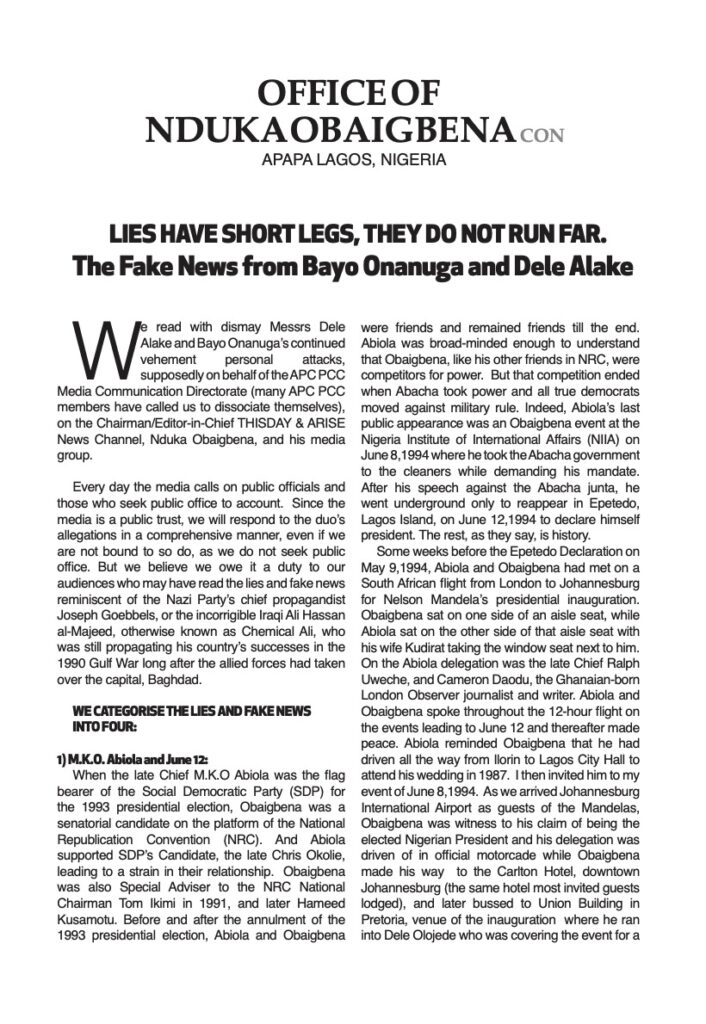Latest Headlines
The NNPCL, Dangote Refinery Oily Drama

THEFRONTLINES
Over the last week and weekend, Nigerians were gripped with tension and anxiety as two gladiators, the Nigerian National Petroleum Company Limited (NNPCL) and Dangote Refinery, engaged in a war of words over the pricing and who markets one product—Premium Motor Spirit, otherwise known as petrol by most Nigerians.
=As a prelude to all the drama, there was a crippling scarcity across the country. Long queues resurfaced, roads were overflowing, and some vehicle owners slept overnight at filling stations. The NNPCL response was that it owed marketers abroad. When that did not hold water, it blamed the scarcity on bad weather etc.
While the oil company was exposing its outright inefficiency, Dangote Refinery announced its readiness to begin production of diesel and aviation fuel from its brand-new facility and needed crude oil supply. But it met a brick wall and stiff resistance from the establishment.
It all began with the oil company refusing to sell crude oil as feedstock to enable the refinery to start production. Before now, Nigerians were regaled with all sorts of arm-twisting antics by NNPCL, NUPRC, and NMDPRA alleging that products from the brand-new refinery were inferior to those imported in an attempt to fully demarket and create a negative impression about the new refinery.
Nonetheless, the new refinery was starved of crude oil supply from the oil company, and when Dangote approached the oil majors, he was directed to the brokers. The brokers are middlemen who do nothing but link buyer and seller together and collect brokerage fees. Thus patronising the broker meant that Dangote was incurring additional costs of between $3 to $4 per barrel as margin for the broker and it would have increased his production costs too which will eventually be borne by the consumer.
Frustrated and desperate to secure crude oil supply, Dangote voiced out his frustrations and wondered why the NUPRC failed to enforce the necessary regulatory oversight as enshrined in the Petroleum Industry Act (PIA) on obligation to local refineries. According to him “Our concern has always been NUPRC’s reluctance to enforce the domestic crude supply obligation, and ensuring that we receive our full crude requirement from the Nigerian National Petroleum Company Limited (NNPC) and the International Oil Companies (IOCs).”
Not wanting to earn these additional costs and further delays, Dangote headed to the United States of America and Brazil from where he bought his first cargoes of crude oil to start test-running the refinery. Meanwhile, the Chief Executive Officer of the Nigerian Midstream and Downstream Petroleum Regulatory Authority (NMDPRA), Farouk Ahmed alleged that the petroleum products from the Dangote refinery were substandard and that the imported variant was better.
It was at this point that Dangote opened up. He conducted stakeholders around the refinery facility showcasing world-class equipment. He explained that the refinery had achieved far better quality control feat and produced crystal clear products that met global standards and were better in comparison to the imported variants.
He also revealed that what was imported into the country by the other oil companies was dirty fuels that were substandard, corrosive and dangerous to automobiles. These dirty fuels were cheaper but were invoiced as top-grade fuels and the difference in their prices was skimmed by the oil cabal.
The President was forced to wade in and directed that crude oil be supplied to the new refinery. One would have thought that with this directive his problems were over, but what happened next was more drama.
With a date for the roll-out of PMS set for last Sunday, the oil company announced itself as the sole marketer of the PMS, completely shutting out other key players like IPMAN etc who will now be forced to buy from the oil company at its own price and profit margin higher and above the refinery prices.
It also barred the refinery from disclosing its product publicly. However, as soon as Dangote began the supply of diesel from his refinery, the price crashed from N1600 to N1300 in the first instance and N900 currently. The development, according to the Vice President of Dangote Industries Limited, Devakumar Edwin, caused oil marketers to report the refinery to the President that the plant’s low-priced diesel was counter-productive to oil marketers’ businesses.
He also revealed that oil marketers had continued to boycott Dangote diesel and aviation fuels after the refinery crashed the price of diesel. Last Sunday when Nigerians were told Dangote would begin the supply of petrol to the public, NNPCL said it was deploying about 300 trucks for loading but a check revealed less than 100 of the oil company trucks were seen at the facility for loading PMS thereby confirming Edwin’s earlier position of a gang up to boycott the refinery products.
Ridiculously, a few days before the new refinery opened its doors for the lifting of PMS, the NNPCL made itself a sole marketer. It claimed that because it is selling its product, crude oil, to Dangote Refinery, it reserves control over the right to first refusal to serve as the sole distributor of PMS from the new refinery, which was due to open its doors for the lifting of petrol from its facility.
In that position, it succeeded in fixing the new price of PMS and unilaterally jacking it up from N585 per litre to almost N1000. This unilateral action has drawn the flak of several legal luminaries including Femi Falana who questioned the oil company’s right to fix prices when it is not a regulator.
Now the question is: was all this drama necessary? Let us start from the issue of crude oil supply to the refinery. Who owns the crude oil, is it NNPCL, the federal government or the people? Oil assets do not belong to the oil company, at best, it is a holding company on behalf of the people and therefore has no controlling rights over it.
By the way, is NNPCL a regulator or a trading company? NNPCL is a private trading company on behalf of the federal government. Even the federal government does not own these assets, it holds these assets in trust for Nigerians. Therefore, for overriding public interest and the fact that supplying Dangote Crude oil will largely benefit the generality of Nigerians, neither the federal government, NNPCL nor any regulatory body needed to delay a second to satisfy that need.
If it has obligations, the oil company ought to have dedicated the 450,000 barrels used for a very dubious swap to the Dangote refinery for starters. After all, what have Nigerians benefitted from the crude oil swap in all these years? Is it not even more scandalous for the oil company to provoke our sensibilities by disclosing that it owes marketers $6bn? How? What did we get in addition or is it that the 450,000 barrels were not enough for local consumption?
The federal government must take full responsibility, as an oil producer, for abdicating its responsibilities in providing petroleum products for Nigerians from its three local refineries in the last 20 years. It is even more curious that the NNPCL which should be a competitor is now a marketer for a competitor.
It is a big shame that with three refineries capable of refining 450,000 barrels of crude oil per day, the federal government decided to abandon them and opted to create all types of schemes to fleece the people of its commonwealth consistently for over 20 years.
Dangote is a game changer and has effectively broken the jinx and weakened the cabal’s vice grip over Nigeria and Nigerians. He poses a great threat to the NNPCL’s existence and it is about time the NNPCL is either run efficiently or shown the way out for a more efficient entity to take its place.
What transpired these past few weeks were clear cases of bureaucracy and corruption. There are a lot of shady deals going on in the industry and those benefiting want the status quo to remain. The NNPCL should go public and be quoted on the stock exchange to make it more accountable and efficient.
Dangote must stay the course and remain on the side of the people, it is just a matter of time. While he is at it, he must explore and develop futuristic retail channels to forestall the shenanigans going on. Now that his refinery has gone full blast, he has to develop and take advantage of the West Coast corridor where he can deploy his retail business along the corridor to put a lie to NNPCL’s claim blaming smuggling rather than the lack of innovative marketing as the reason for subsidy removal.

















